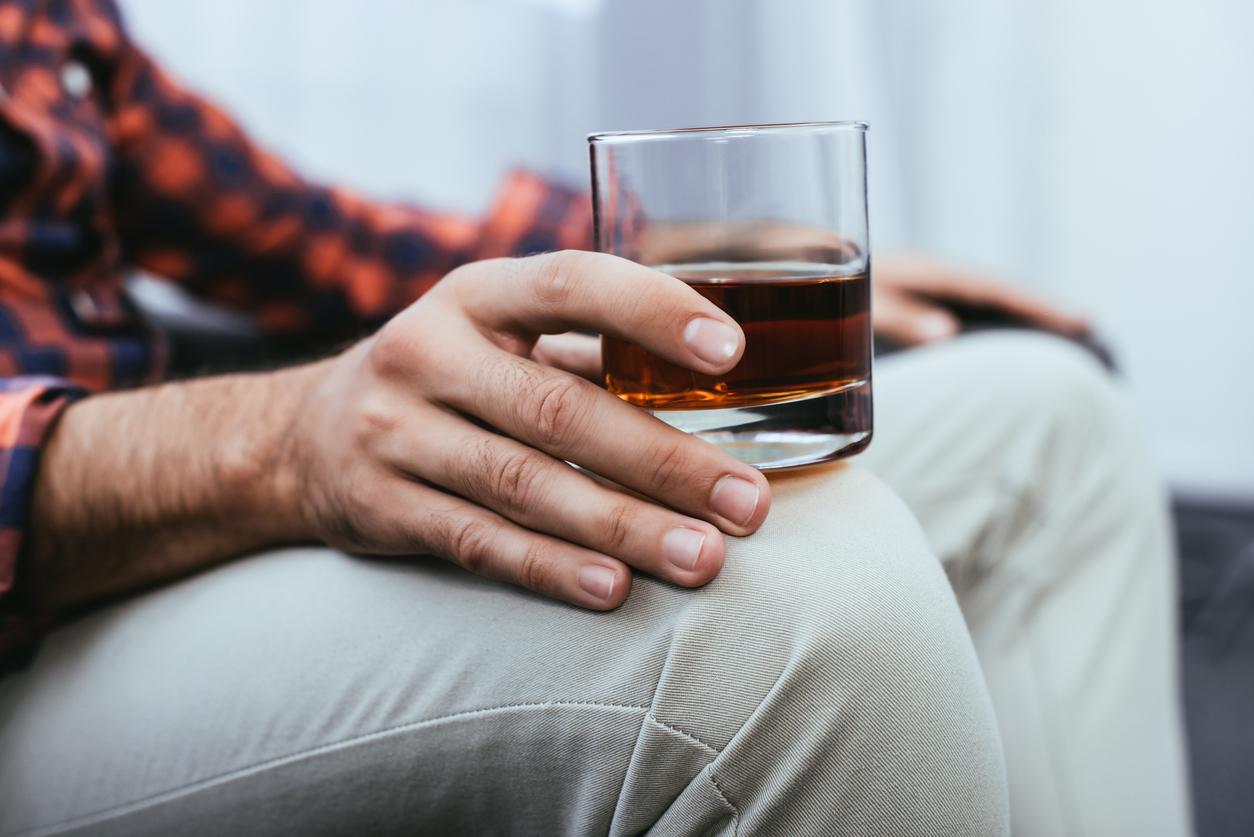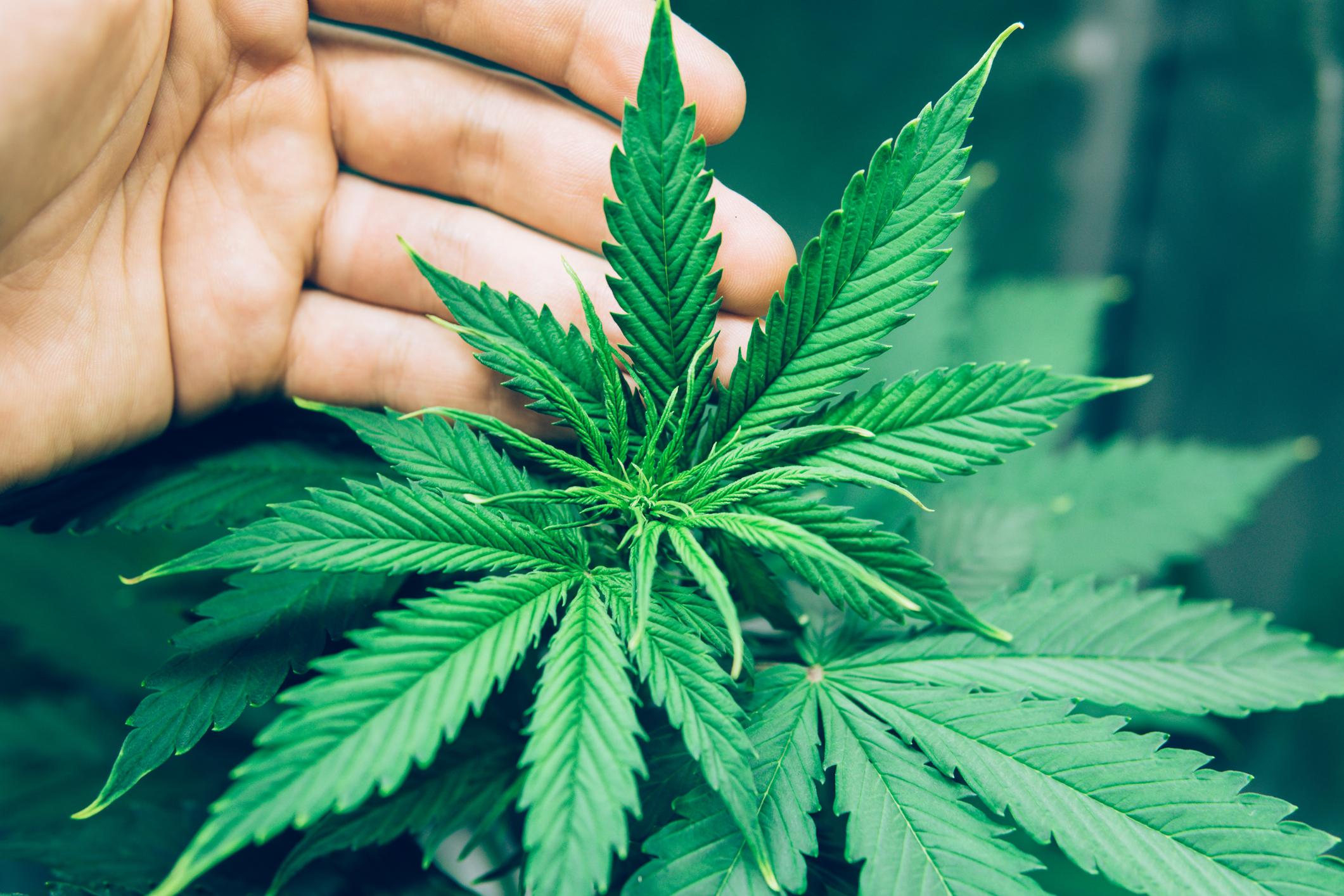For the first National Day for the Prevention of Addictive Behavior in the Workplace, organized jointly by the Ministry of Labor and the Interministerial Mission for the Fight against Drugs and Addictive Behaviors (Midelca), a survey whose results Le Parisien reports provides figures narcotics:
- 91% of people questioned believe that in their company, employees consume at least one psychoactive product (tobacco, alcohol, cannabis)
- 85% of them say they are “concerned” by the consequences of this dependence in terms of absenteeism, frequent delays and conflicts between colleagues
- 72% believe that alcohol has the most impact on the company’s activity
- 10% agree that there are cannabis users in the business.
One in 4 people drink in the workplace
Celebrate a retirement, a birth, a birthday: there is no shortage of opportunities to drink with colleagues at the workplace. A few months ago, a survey by the Institute for Scientific Research on Beverages revealed that for nearly one in four French people (24%), there was no question of “making a drink” between colleagues without alcohol.
However, apart from poisoning office life and reducing productivity, addiction can have quite dramatic consequences. Let us recall, for example, the case ofOrthez maternity anesthetist arrested in a state of intoxication after the death of a patient and who had admitted her addiction to alcohol.
Today the Labor Code provides that no alcoholic beverages are allowed in the workplace but tolerates wine, beer, cider and perry (Labor Code, art. R. 4228-20). However, the employer can regulate the introduction of alcohol into his enterprise if its consumption is “likely to endanger the safety and the physical and mental health of the workers”.
Are you directly or indirectly affected by the repercussions of addictive driving at work? Come talk about it on our forum.
Read also :
Too much work can lead to drinking
The more we graduate, the more we drink
Holidays: the more music, the more alcohol you drink


















